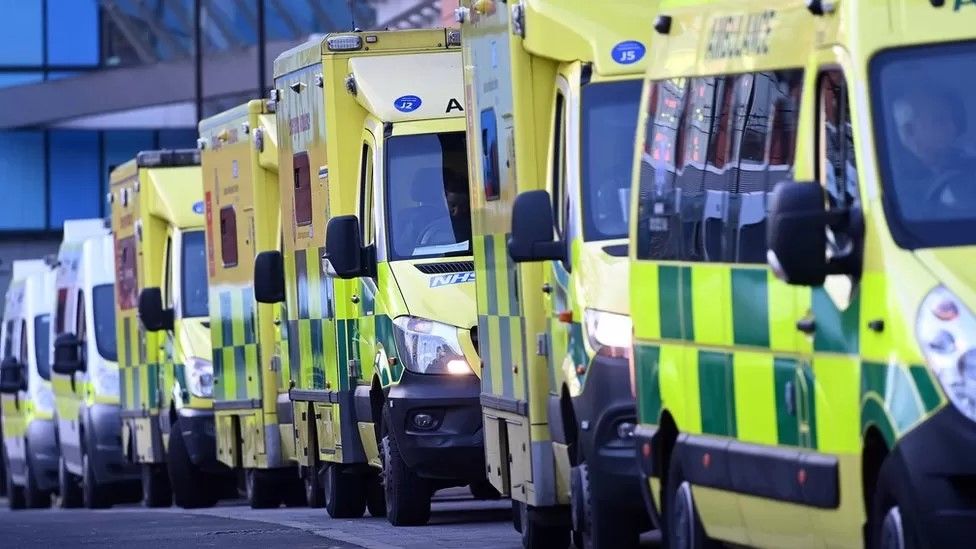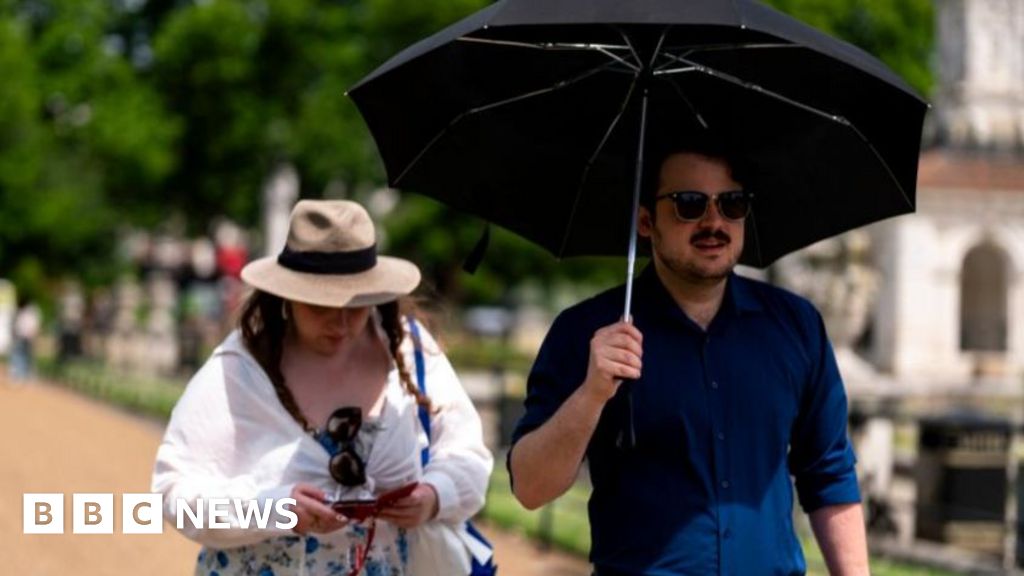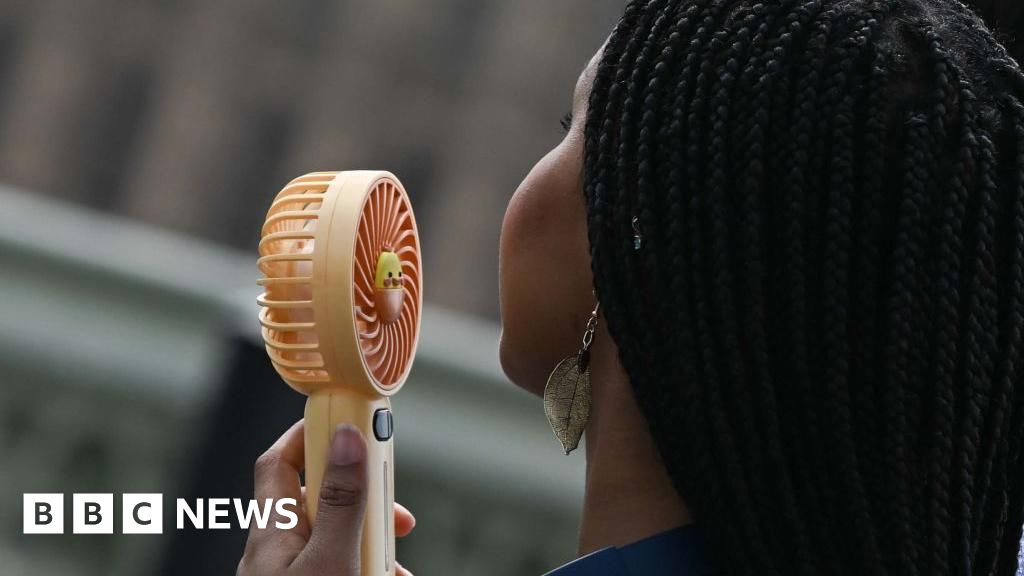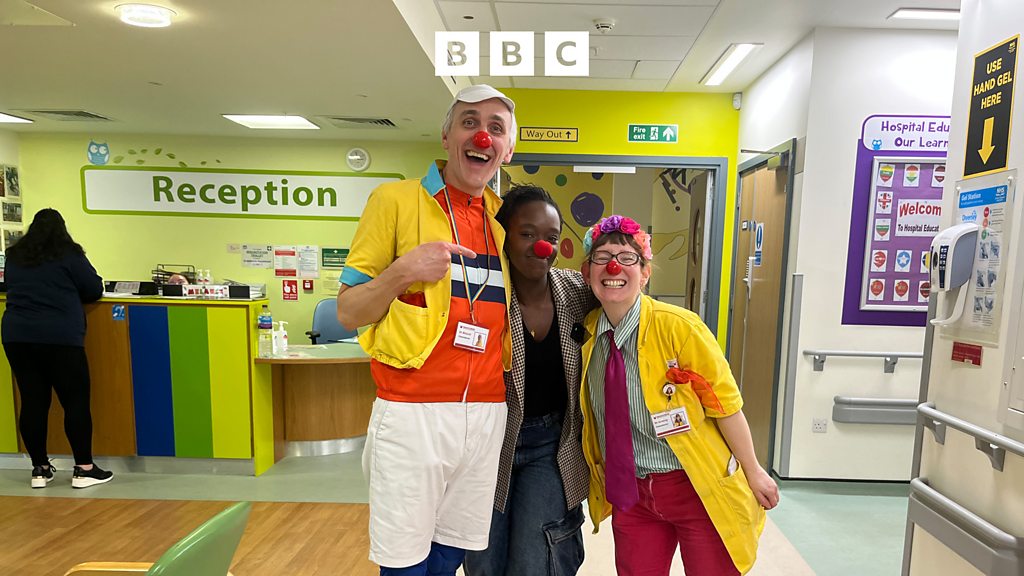ARTICLE AD BOX
 Image source, EPA
Image source, EPA
With the second ambulance workers' strike across England and Wales on Wednesday, the BBC spoke to three paramedics about the challenges of doing their jobs. They all asked to remain anonymous.
'It has completely lost its identity as an emergency service'
The public is too quick to call an ambulance for non-life threatening situations, says one paramedic, and people will readily treat the service as a "24-hour anything and everything Uber-lance".
Often when people call 111 and are advised to make their own way to hospital, they call an ambulance instead, says the paramedic, who is from north-east England.
The paramedic also accuses the wider health and social care sector of applying the same mentality towards the ambulance service as the public.
"It has completely lost its identity as an emergency service.
"Ambulance crews are constantly picking up the failings, shortcomings and workloads of elsewhere in the health and social care sector.
"Quite frankly, we are exhausted. We are at the end of everybody's flow chart."
This has led to a chronic shortage of ambulances being available for those who really need one, the paramedic says.
"There's a small chance we can save them, but only if we get there within minutes.
"But where are we? We're all either stuck at hospital or having our time wasted at a scene far away by someone who called 999 absolutely shocked that their course of antibiotics didn't fix their ear infection within five hours of taking the first dose."
The paramedic believes the situation is not sustainable.
"Ambulance workers have become so chronically overworked and overstretched with this exponential demand, that quite simply, we cannot cope. We cannot carry on being the magic fix-it people for the NHS."
'We leave you and we leave you and we leave you'
About 20,000 ambulance workers are on strike, but this paramedic in the Midlands is not among them.
"I took part in strike action in 1989 and I have bad memories of how that left me financially," they say.
However, they understand why colleagues are taking industrial action. They worry for elderly people who cannot get back up after a fall and are left lying on the ground for hours.
In a situation like this, the patient would be a Category 3 priority - meaning it might be a long time before an ambulance reaches them and other calls will take priority.
"We leave you, and we leave you, and we leave you, and we leave you," says the paramedic.
The patient could get pressure sores and blood clots from spending so long unable to move, they explain.
If they need to use the bathroom, they will have no choice but to soil themselves, which makes the situation worse and is "degrading", says the paramedic, who also worries about hypothermia because patients get cold and might be wet.
"I went to a call the other day that was 36 hours old."
'We are greeted with abuse for the length of time the person has waited'
Another paramedic says some GPs misuse ambulances by doing things like booking one to collect patients who could have gone to hospital themselves - or did not need to go at all.
"I have lost count of the number of these jobs I have done over the years, when the patient could have made their own way to hospital as we sit and chat in the back with no interventions or monitoring required," says the paramedic, who has more than 20 years of experience.
This is a "waste of money", puts pressure on hospitals and adds to the lengthy ambulance queues waiting outside A&E, they say.
Some GPs needlessly tell patients to call 111, which then leads to an ambulance being called out, the paramedic says.
"We go to jobs that can be up to 24 hours old and we are greeted with abuse for the length of time the person has waited for a response.
"In many of the jobs we go to, the public could have got advice quicker from the pharmacy."
The paramedic also agrees that too often an elderly person who falls and is unable to get themselves up is not prioritised by 111 and 999 call handlers. In the long run, that means they spend longer recovering in a hospital bed or end up needing to move to a care home.
"These people are being put as Category 3 or Category 4s, when they should be in the Category 2 bracket to save so much time, money and respect."

 2 years ago
185
2 years ago
185








 English (US) ·
English (US) ·